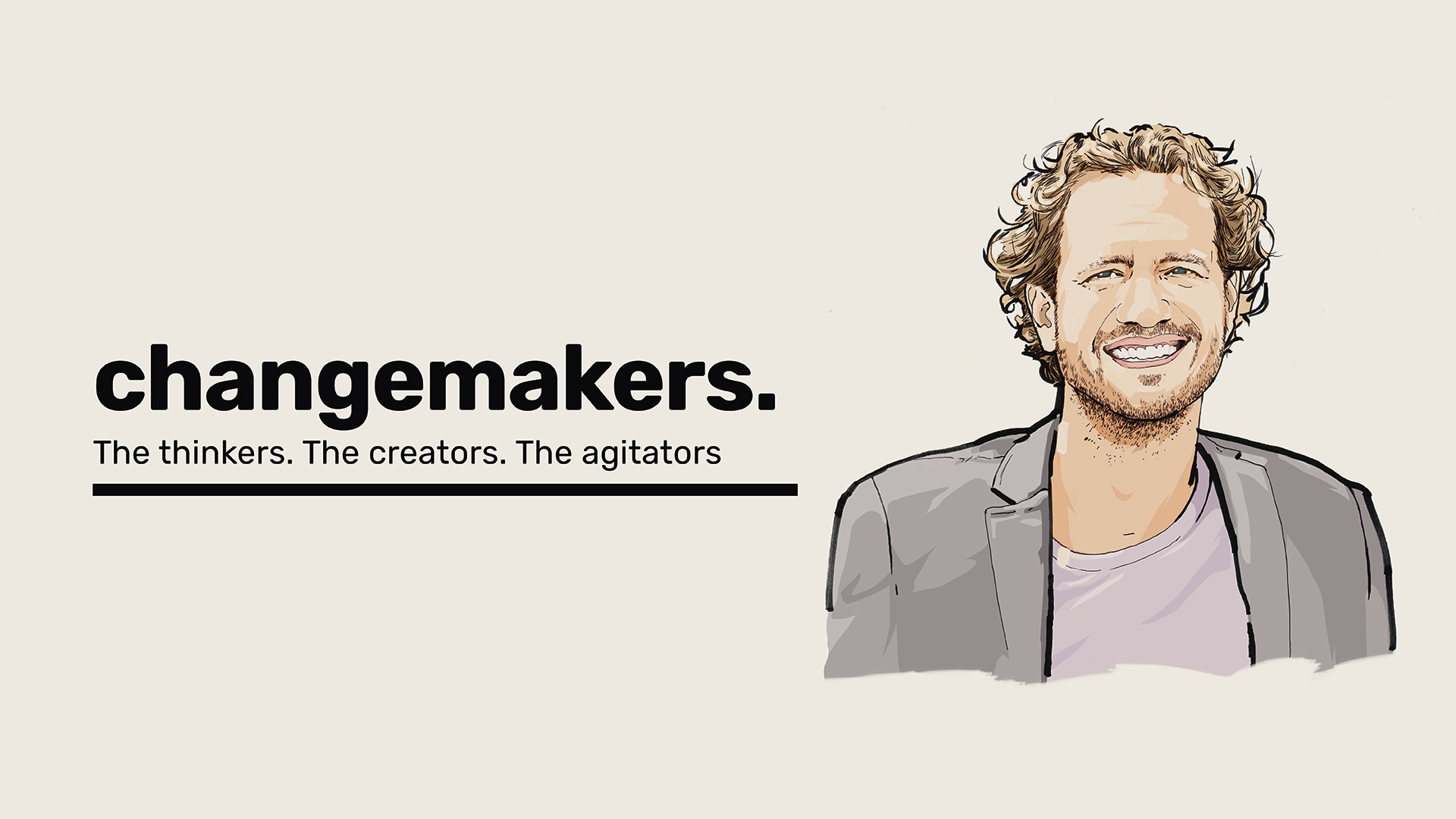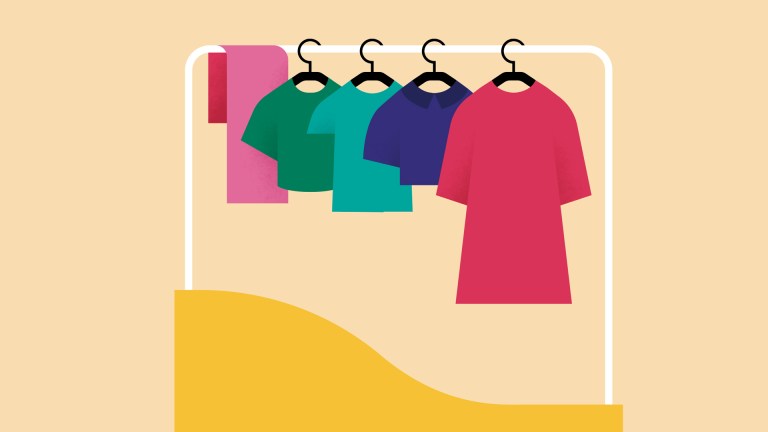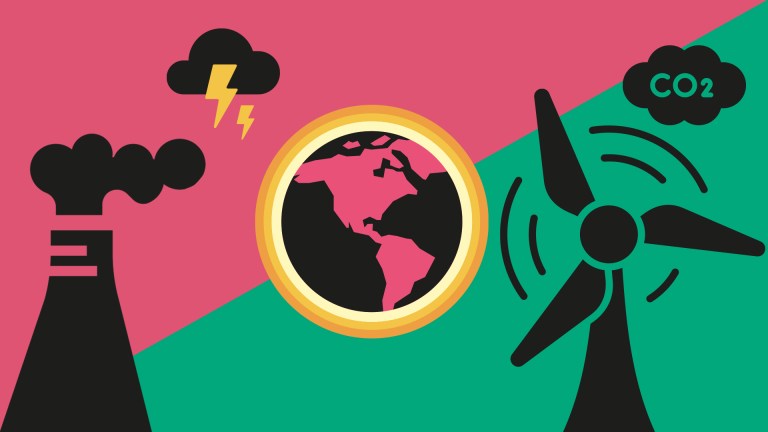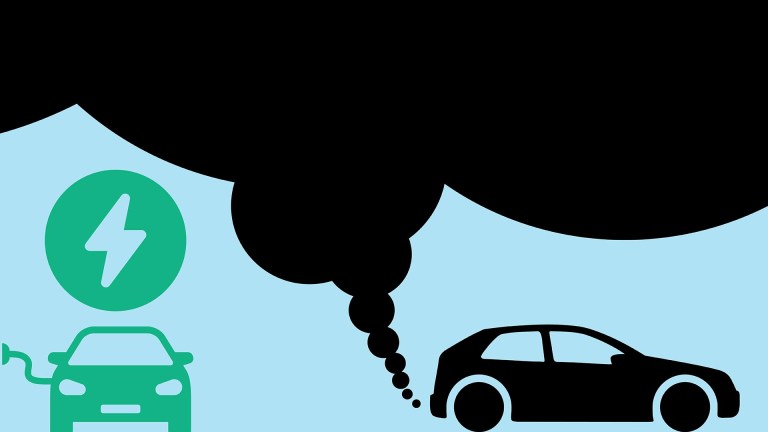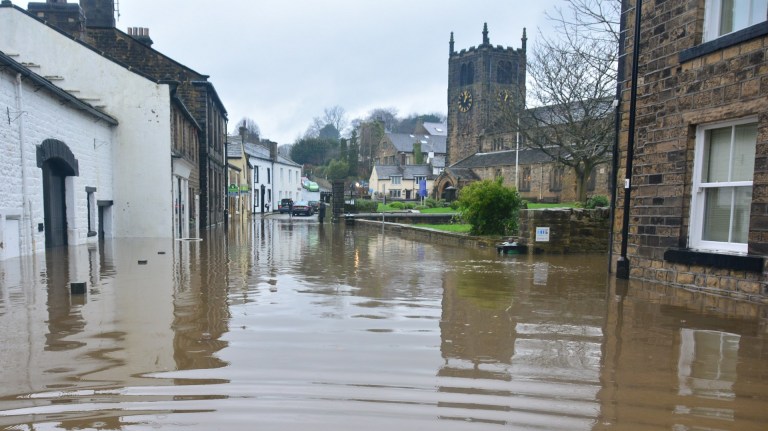Each week in The Big Issue we bring you a celebration of the thinkers, the creators, the agitators. We’re looking at somebody who has come up with an invention or an idea that is moving the dial. This week, we speak to Bas van Abel, who discovered that while the world’s love affairs with gadgets isn’t going anywhere, there’s also an appetite for guilt-free, less disposable tech.
When Bas van Abel picks up a call, he feels the weight of a suffering planet. But at least the reception’s good. The 41-year-old founded social enterprise Fairphone in 2013, with a clear vision but not much else. He had learned of the tragic conflict in eastern Congo, fuelled by money from mining in the area, and that most of those minerals were used to make electrical goods. Computers, toasters, lightbulbs. Phones.
Van Abel had already been concerned that we, as consumers, had become alienated from technology and the process behind the products we rely on. So, for van Abel, Fairphone started as a campaign. Manufacturing mobile phones was only to make people pay attention.
Based in Amsterdam, van Abel’s background is in technology, art and non-profits – threads which, he says, always ran through projects he took on. The father-of-three is demonstrably well-read and well-rounded, having earned degrees in electrical engineering and interactive design before going on to work in both. Crucially, he has also never been short of a project: he co-authored Open Design Now, an exploration of a technical revolution taking place in the field.
Why don’t we make a phone and try to look through the phone at how the world works?
He retained a fascination with technology in a social context, and was a proponent of open source models. Saying he “thrives in creative chaos”, he compares his enthusiasm for innovation to children playing football – running towards the ball first, figuring out what to do with it later.
“We decided to be strategically naïve,” he says. “We knew that stuff came from the ground, that electronic devices start from somewhere in the mine. Why don’t we make a phone and try to look through the phone at how the world works? We didn’t want it to be a finger-pointing project, we just needed to prove that there was a market.”
